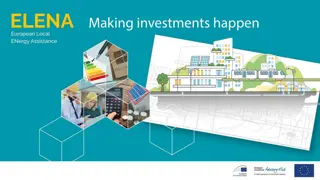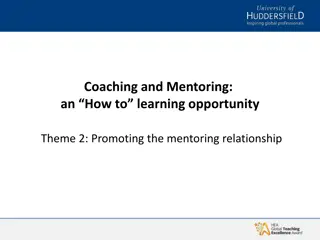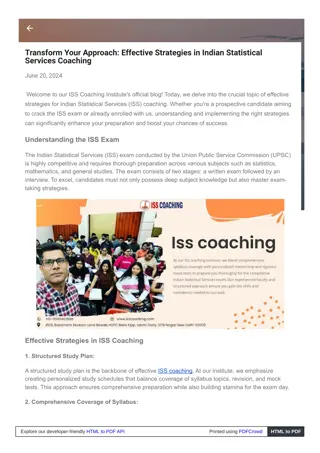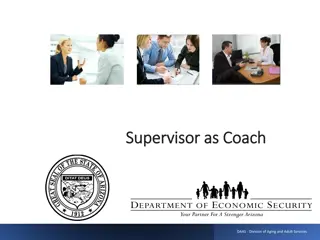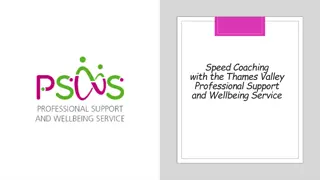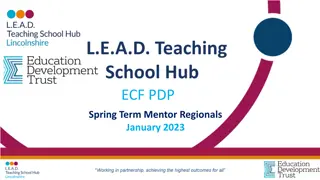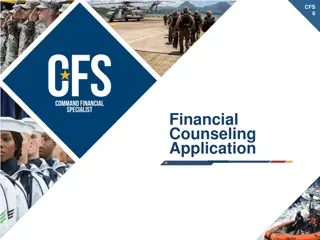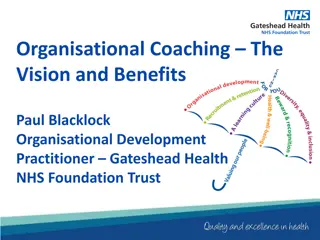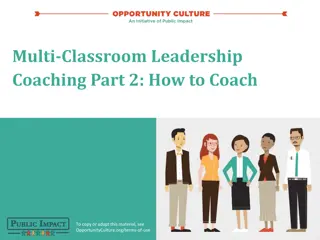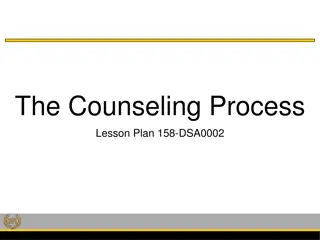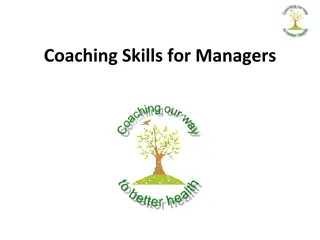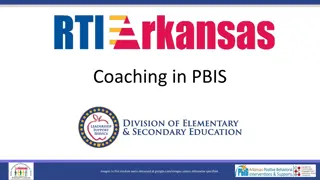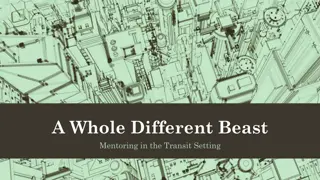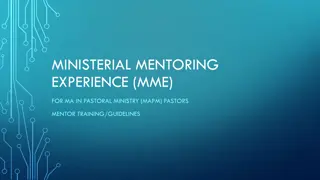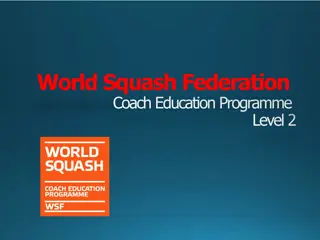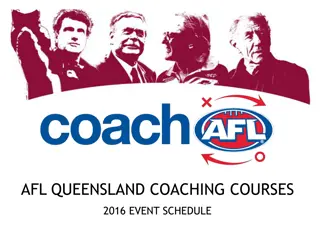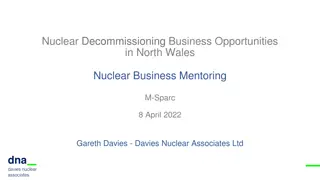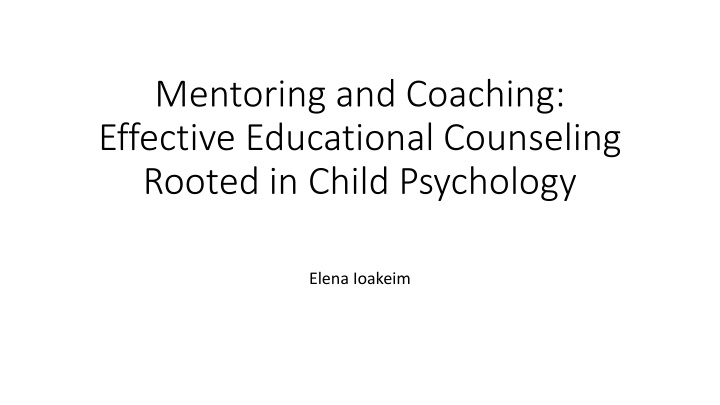
Effective Educational Counseling Rooted in Child Psychology
Explore how mentoring and coaching based on child psychology principles can enhance educational counseling. This presentation covers child psychology insights, guidance, coaching, and the benefits of holistic development for children.
Download Presentation

Please find below an Image/Link to download the presentation.
The content on the website is provided AS IS for your information and personal use only. It may not be sold, licensed, or shared on other websites without obtaining consent from the author. If you encounter any issues during the download, it is possible that the publisher has removed the file from their server.
You are allowed to download the files provided on this website for personal or commercial use, subject to the condition that they are used lawfully. All files are the property of their respective owners.
The content on the website is provided AS IS for your information and personal use only. It may not be sold, licensed, or shared on other websites without obtaining consent from the author.
E N D
Presentation Transcript
Mentoring and Coaching: Effective Educational Counseling Rooted in Child Psychology Elena Ioakeim
Introduction This presentation delves into how mentoring and coaching, based on child psychology principles, can serve as impactful educational counseling methods. By addressing children's developmental needs, these practices aim to foster both academic and personal growth.
Understanding Child Psychology Child psychology examines the cognitive, emotional, social, and physical development of children from infancy through adolescence. It provides crucial insights into how children think, feel, and behave, which are essential for tailoring educational practices to individual needs.
The Role of Guidance Guidance involves offering direction and support to help children navigate their academic and personal development. It's a key educational component that aids in setting goals, making informed decisions, and solving problems, all while considering each child's developmental stage.
The Role of Coaching Coaching focuses on motivating and supporting children to achieve personal and academic goals through structured interactions. It enhances skills, builds confidence, and encourages persistence, fostering a growth mindset and essential life skills.
Educational Counseling Educational counseling combines guidance and coaching to support children's overall well-being and development. It involves assessing needs, offering personalized advice, and implementing strategies to address academic and personal challenges in a supportive environment.
Benefits of Guidance and Coaching These approaches build self-esteem, enhance academic performance, and foster emotional resilience. They also develop essential social skills like communication, teamwork, and empathy, creating a nurturing environment for holistic development.
Case Study: Implementing Coaching in Schools A case study on coaching programs in schools shows significant improvements in academic performance, engagement, and emotional well-being. Personalized support and encouragement help students overcome challenges and reach their full potential.
Techniques in Educational Counseling Effective techniques include active listening, goal setting, positive reinforcement, and constructive feedback. These methods create a supportive environment, empowering students to take charge of their educational journey.
Challenges and Solutions Challenges include student resistance, lack of resources, and insufficient training for educators. Solutions involve comprehensive training, parental involvement, and securing funding to maintain and expand programs
Role of Parents and Guardians Parents and guardians play a vital role in reinforcing guidance and coaching. Their involvement creates a consistent and supportive environment, enhancing the effectiveness of educational counseling.
Teacher Training and Development Ongoing training equips teachers with the skills to understand child psychology and employ effective counseling techniques. This professional growth benefits both teachers and students, enhancing educational outcomes.
Measuring Effectiveness Effectiveness is measured through student feedback, academic performance, and behavioral changes. Regular assessment helps refine programs and ensure they meet students' evolving needs.
Future Directions Future research should explore new methodologies, integrate technology, and study the long-term impacts of guidance and coaching. Interdisciplinary collaboration can lead to more effective strategies and a supportive educational environment.
Conclusion Mentoring and coaching, informed by child psychology, are powerful tools for educational counseling. They enhance student development and success, creating a more supportive and effective learning environment.
References Smith, J. (2020). Child Psychology and Educational Counseling. Academic Press. Johnson, L. (2018). Coaching in Education: A Practical Guide. Routledge. Brown, R. (2019). Effective Guidance Techniques. Sage Publications.

